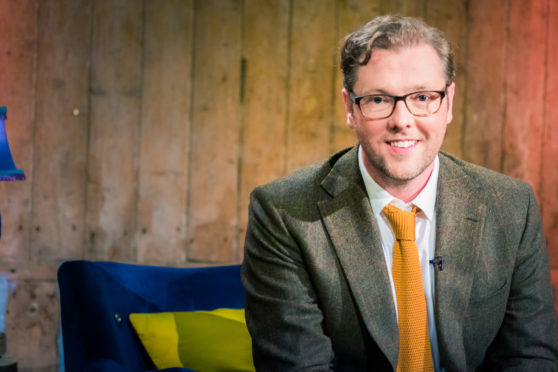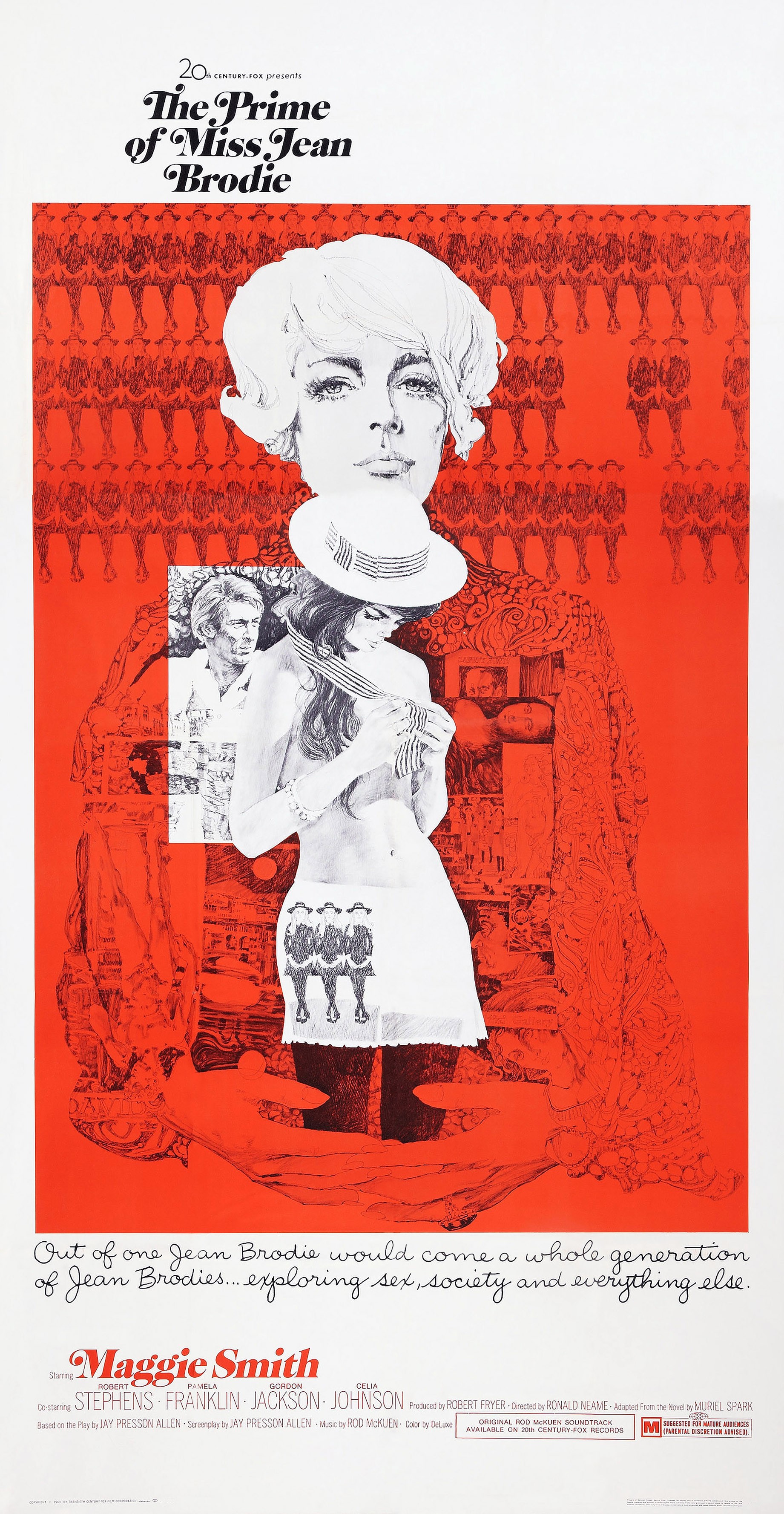
His passion for books saved Damian Barr when he was a boy. Now the writer and broadcaster has a new passion – talking about them.
The novelist, who has launched successful literary events in London, is about to launch the Big Scottish Book Club on TV and says the first rule is that everyone is welcome.
“Book Club is about putting books back on telly and making them part of people’s everyday lives again. We’ve gotten away from books being central to our conversations,” said Damian.
“Books are often sidelined as being luxurious, posh or middle-class, and people can feel intimidated by literary culture, or the arts with a capital A.
You can be serious about it without being too po-faced or chin-strokey, or doing that agonised face people do when they’re thinking too hard.
“When I first started going to these events, people looked at me like I was going to try to mug them. I’d have to say, ‘Don’t worry, I’m just here for the books!’
“What Book Club is doing is saying that ‘this is in your living room, here are our writers, they’re real people’.
“You get to meet the writers and I just have a real conversation about their books but also about them and who they are.
“It’s about taking writers off their pedestal. We put them in the audience to enjoy the event like everybody else. They’re not in some green room backstage somewhere, sequestered away from everyone. For me it’s about sharing my love for books because books is what I love doing, and reading saved my life.”
Damian’s memoir, Maggie & Me, released in 2014, is about his childhood growing up in North Lanarkshire.
In it, he recounts being bullied for his sexuality, and how reading was a necessary escape.
“As a wee boy, my home life was hard,” he explained. “It was complicated and dangerous.
“It wasn’t always warm, and we didn’t always have enough money to pay the gas bill.
“That’s what I wrote about in Maggie and Me. It was a tough life, and the library was quiet, warm and safe.
“And especially in the world we’re in right now, people need to be able to switch off and escape into another place – and that’s one of the many benefits of reading.”
The Big Scottish Book Club is based on Damian’s regular live book event, called The Literary Salon, at The Savoy in London.
Since it began more than a decade ago, the Salon has been held around the world and featured such noted authors as Caitlin Moran, David Nicholls and Helen Fielding.
As well as featuring big names, the Salon is noted for relaxed and intimate events.
“There’s a myth that persists that authors love to work on their own in an attic and they don’t ever interact with people,” said Damian, whose recent novel You Will Be Safe Here won critical acclaim.
“But authors are people – I know, I am an author and yes, I am also a person!
“But authors are like rock stars nowadays, and part of being that sort of figure is live performance. For many authors now it’s about them seeing and meeting their readers, and readers meeting them, and feeling like the whole thing is a conversation.
“In that way, the book is not the end. The book is the start of a conversation with your readers. And the Book Club is about making that conversation happen in public.
“Hopefully I’ll ask the questions the readers were thinking of.”
Earlier this year, Canadian author Margaret Atwood released The Testaments, a sequel to her beloved and hit book The Handmaid’s Tale.
“That was a massive publishing event,” added Damian. “There were people queuing outside bookshops all through the night to be one of the first to get their hands on a copy.
“That’s great, I love that. Authors should be celebrated, admired and looked up to for the work they do. And when it does get too much that’s when they can escape to that attic.”
The four-part Big Scottish Book Club features names like Janice Galloway, Maggie O’Farrell, Ian Rankin, David Nicholls, Marian Keyes and Graham Norton.
Landing respected authors is down to the atmosphere in the room at the Book Club, which Damian hopes is cosy.
“Many of these authors have appeared on the Literary Salon in the past, which has been going on for 10 years,” he said.
“We’ve been going for such a long time and I think what happens is writers talk to each other and say, ‘I had a great time there, I got to talk to people and I got to meet some other authors’.
“And I ask questions as a writer as well as someone who’s a reader, so I think that offers them a different kind of conversation.
“But we don’t sell books. Removing that commercial element is quite important. It takes the pressure off.
The Book Club isn’t about a transaction, it’s about a conversation.
“It’s lovely, sometimes you look out into the audience and you see Polly Sampson or David Nicholls just having a lovely time.”
The Big Scottish Book Club is on tonight at 10pm on BBC Scotland

Enjoy the convenience of having The Sunday Post delivered as a digital ePaper straight to your smartphone, tablet or computer.
Subscribe for only £5.49 a month and enjoy all the benefits of the printed paper as a digital replica.
Subscribe © LMPC via Getty Images
© LMPC via Getty Images